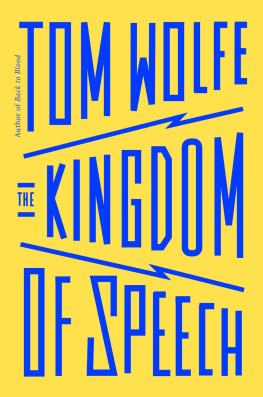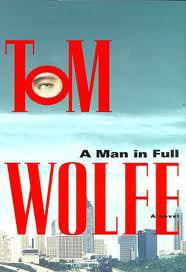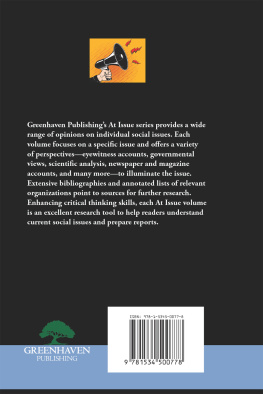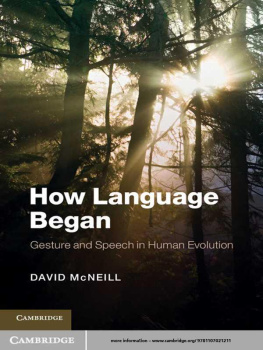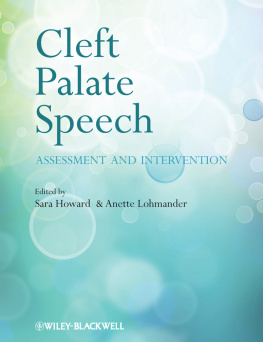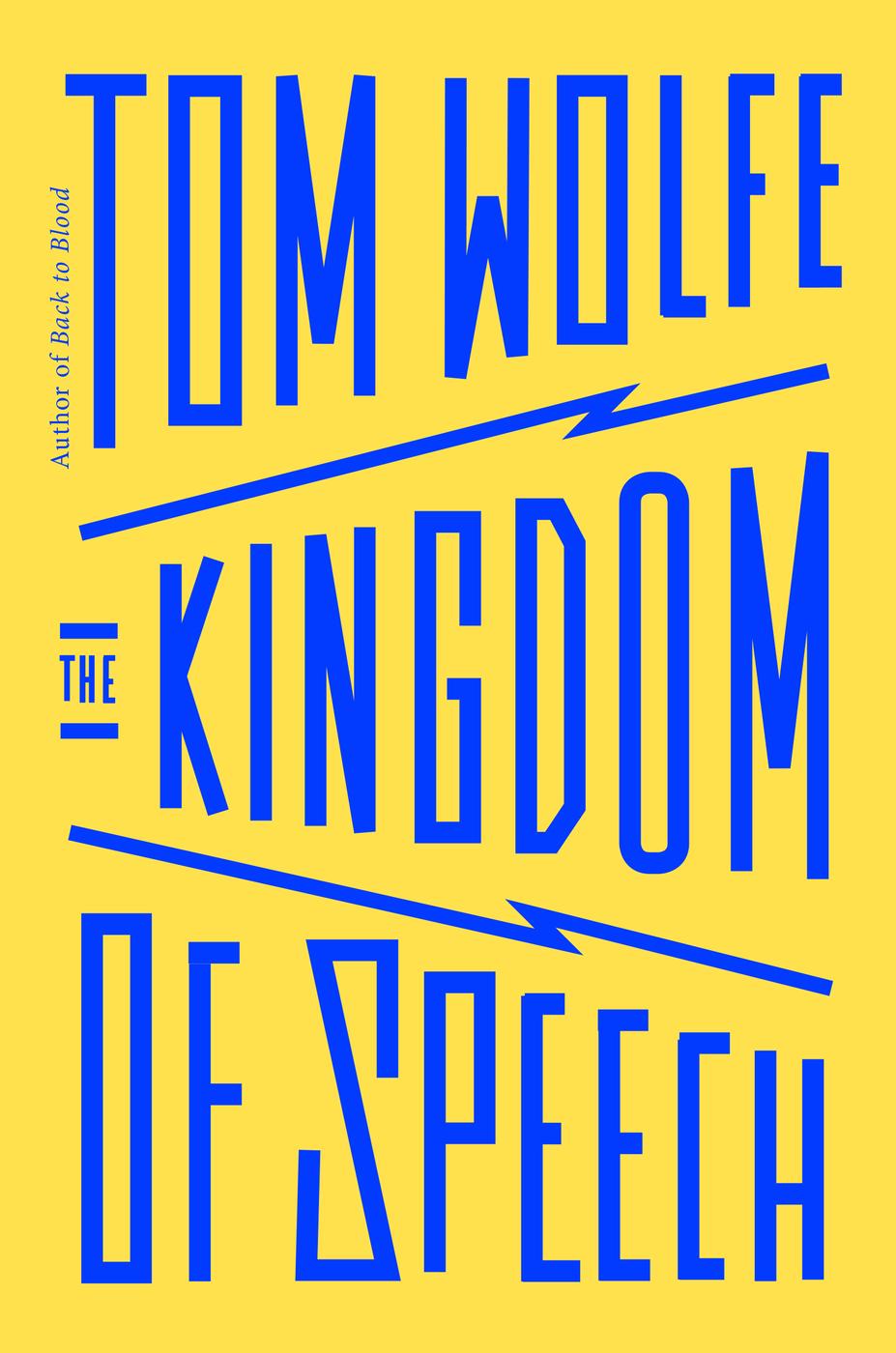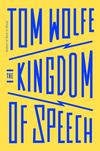Hachette Book Group supports the right to free expression and the value of copyright. The purpose of copyright is to encourage writers and artists to produce the creative works that enrich our culture.
The scanning, uploading, and distribution of this book without permission is a theft of the authors intellectual property. If you would like permission to use material from the book (other than for review purposes), please contact permissions@hbgusa.com. Thank you for your support of the authors rights.
Chapter I
The Beast Who Talked
One bright night in the year 2016, my face aglow with godknows how many Milli GAUSS of x-radiation from the computer screen in front of me, I was surfing the net when I moused upon a web node reading:
THE MYSTERY OF LANGUAGE EVOLUTION
It seems that eight heavyweight Evolutionistslinguists, biologists, anthropologists, and computer scientistshad published an article announcing they were giving up, throwing in the towel, folding, crapping out when it came to the question of where speechlanguagecomes from and how it works.
The most fundamental questions about the origins and evolution of our linguistic capacity remain as mysterious as ever, they concluded. Not only that, they sounded ready to abandon all hope of ever finding the answer. Oh, well keep trying, they said gamelybut well have to start from zero again. One of the eight was the biggest name in the history of linguistics, Noam Chomsky. In the last 40 years, he and the other seven were saying, there has been an explosion of research on this problem, and all it had produced was a colossal waste of time by some of the greatest minds in academia.
Now, that was oddI had never heard of a group of experts coming together to announce what abject failures they were
Very odd, in factso I surfed and Safaried and finally moused upon the only academic I could find who disagreed with the eight failures, a chemist at Rice UniversityRiceRice used to have a big-time football teamthe Rice Owlswonder how theyre doing now? I moused around on the Rice site some more, and uh-ohnot so great last season, the Owlsfootballand I surfed to football concussionsexactly as I thought! Theres a regular epidemic of concussions raging! Theyre busy beating each other into clots of early Alzheimers!concussionssurfing surfing surfing, but look at this! Football is nothing compared to ice hockeywithout at least two concussions under your skull you arent even ready for the NHL
and all the while something else was so caught on my pyramids of Betz that not even an NHL enforcers head check could have dislodged it: they cant figure out what language is. One hundred and fifty years since the Theory of Evolution was announced, and they had learnednothingin that same century and a half, Einstein discovered the speed of light and the relativity of speed, time, and distancePasteur discovered that microorganisms, notably bacteria, cause an ungodly number of diseases, from head colds to anthrax and oxygen-tubed, collapsed-lung, final-stage pneumoniaWatson and Crick discovered DNA, the so-called building blocks genes are made ofand 150 years worth of linguists, biologists, anthropologists, and people from every other discipline discoverednothingabout language.
What is the problem? Speech is not one of mans several unique attributesspeech is the attribute of all attributes! Speech is 95 percent plus of what lifts man above animal! Physically, man is a sad case. His teeth, including his incisors, which he calls eyeteeth, are baby-size and can barely penetrate the skin of a too-green apple. His claws cant do anything but scratch him where he itches. His stringy-ligament body makes him a weakling compared to all the animals his size. Animals his size? In hand-to-paw, hand-to-claw, or hand-to-incisor combat, any animal his size would have him for lunch. Yet man owns or controls them all, every animal that exists, thanks to his superpower: speech.
What is the story? What is it that has left endless generations of academics, certified geniuses, utterly baffled when it comes to speech? For half that time, as we will see, they formally and officially pronounced the question unsolvable and stopped trying. What is it they still dont get after a veritable eternity?
Our story begins inside the aching, splitting head of Alfred Wallace, a thirty-five-year-old, tall, lanky, long-bearded, barely grade-school-educated, self-taught British naturalist who was offalonestudying the flora and the fauna of a volcanic island off the Malay Archipelago near the equatorwhen he came down with the dreaded Genghis ague (rhymes with bay view), today known as malaria. So here he is, in not much more than a thatched hut, stretched out, stricken, bedridden, helplessand another round of the paroxysms strikes with full forcethe chills, the rib-rattling shakesthe head-splitting spike of fever followed by a sweat so profuse it turns the bed into a sodden tropical bog. This being 1858 on a miserable, sparsely populated speck of earth somewhere far, far south of Londons nobs, fops, top hats, and toffs, he has nothing with which to while the time away except for a copy of Tristram Shandy he has already read five timesthat and his own thoughts
One day hes lying back on his reeking bog of a bedthinkingabout this and thatwhen a book he read a good twelve years earlier comes bubbling up his brain stem: An Essay on the Principle of Population by a Church of England priest, Thomas Malthus.
The priest had a deformed palate that left him with a speech defect, but he could write like a dream. The book had been published in 1798 and was still very much alive sixty years and six editions later. Left unchecked, Malthus said, human populations would increase geometrically, doubling every twenty-five years. By the twenty-first century, the entire earth would be covered by one great heaving mass of very hungry people pressed together shank to flank, butt to gut. But, as Malthus predicted, something did check itnamely, Death, unnatural Death in job lotsstarting with starvation, vast famines of itdisease, vast epidemics of itviolence, mayhem, organized slaughter, wars and suicides and gory genocidesto the cantering hoofbeats of the Four Horsemen culling the herds of humanity until but a few, the strongest and the healthiest, are left with enough food to survive. This was precisely what happened with animals, said Malthus.
Ahura! It lights up Wallaces brainpan with a flashIt!the solution to what naturalists called the mystery of mysteries: how Evolution works! Of course! Now he can see it! Animal populations go through the same die-offs as man. All of them, from apes to insects, struggle to survive, and only the fittestWallaces termmake it. Now he can see an inevitable progression. As generations, ages, eons go by, a breed has to adapt to so many changing conditions, obstacles, and threats that it turns into something else entirelya new breed, a new species!in order to survive.
For at least sixty-four years British and French naturalists, starting with the Scotsman James Hutton
Then the book caught high-IQ hell from the ranks of established naturalists in general. They found it journalistic and amateurish; which is to say, the work of an unknown outsider and a threat to their status. The boy wonder of the serious scientific establishment, Thomas Henry Huxley, then twenty-eight, wrote what was later described as one of the most venomous book reviews of all time Everyone in the establishment was happy to point out that this anonymous know-it-all couldnt begin to explain how, through what physical process, all this transmutation, this evolution, was supposed to have taken place. Nobody could figure it outuntil

